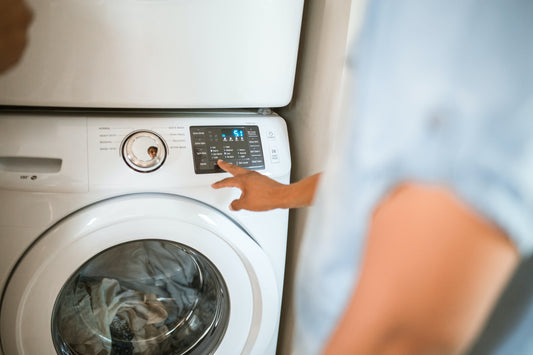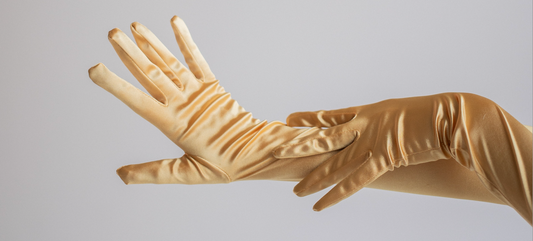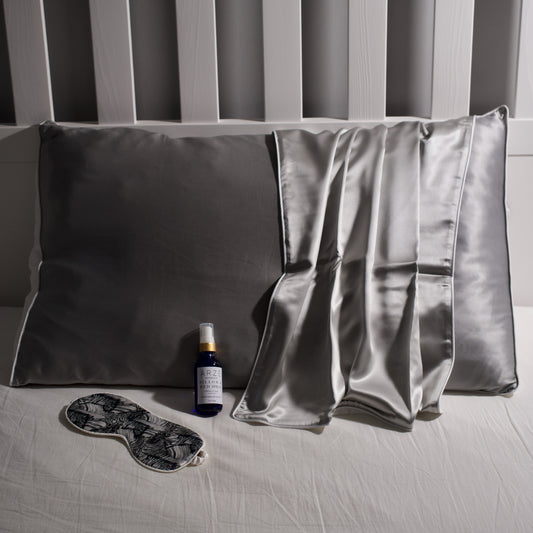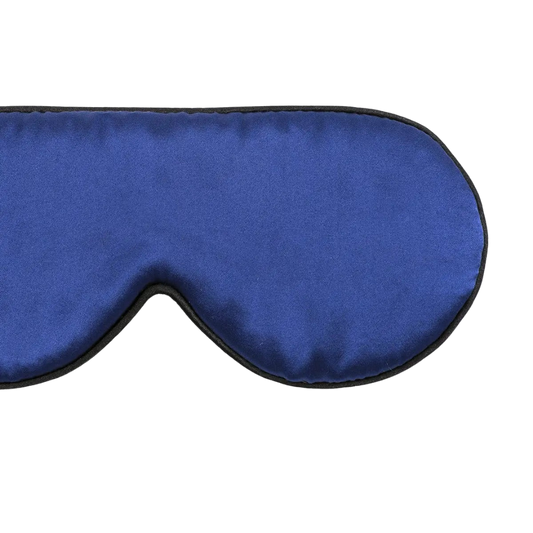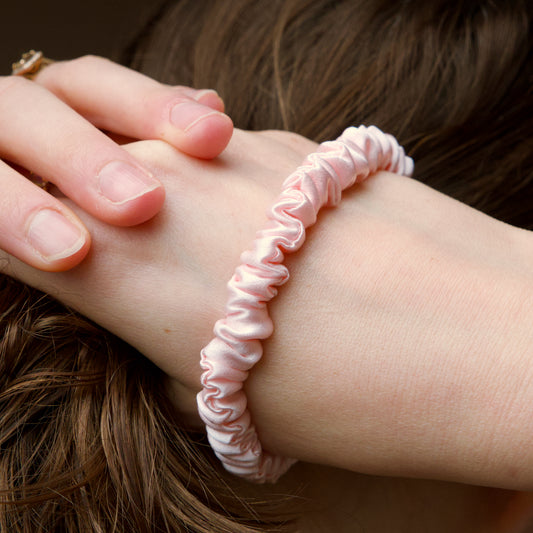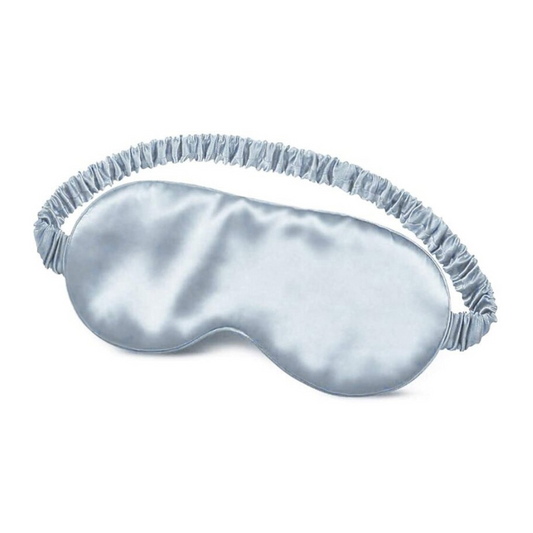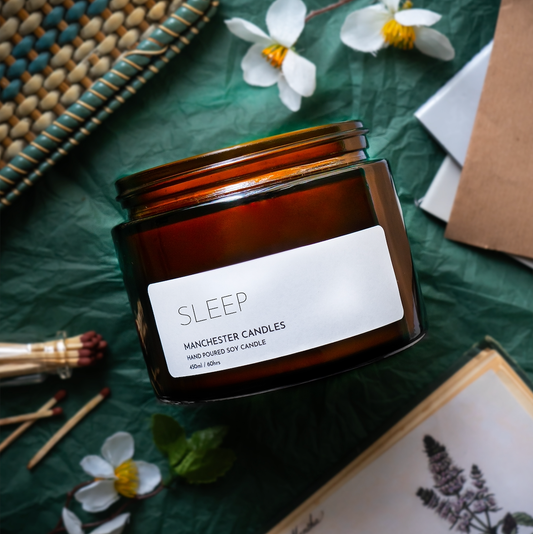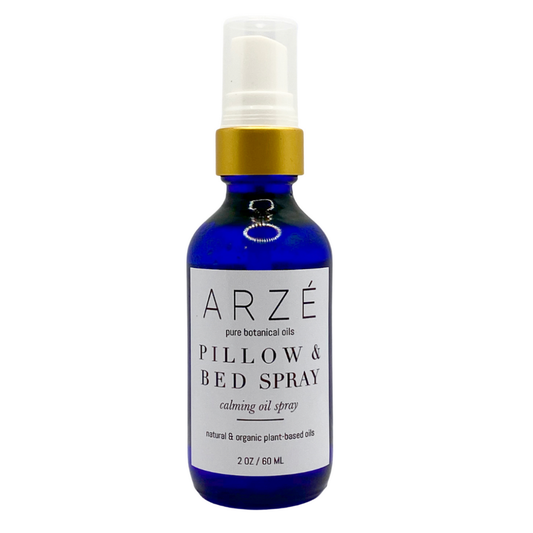
Understanding Common Men's Sleep Issues
Joe Rinaldi JohnsonShare
If I were to tell you there is a miracle wonder drug that boosts your immune system, makes you happier, helps you live longer, improves your heart health and helps you lose weight... you'd probably think I'm making it up.
In fact, that wonder drug does exist - and it's 100% free. It's called getting a large dose of shut-eye.
Arguably, sleep could be considered the most valuable activity you can do to maximise your time and energy for a productive day. Unfortunately, not everyone gets to receive the gift of a good night’s sleep on a nightly basis. In a study, researchers found that "women slept more than men" across all age groups. Sadly, this shows men are clearly losing out in the bedroom.
So what causes sleep problems in men - and what can we do about it?
Medical Causes of Men's Sleep Problems
Some of the most common medical causes of men’s sleep problems include the following:
-
Obstructive sleep apnea (OSA)
OSA occurs when the tissue in the back of the throat collapses during sleep. A serious sleep disorder more common in men than in women, it causes you to stop breathing during sleep. Left untreated, it can have long-term consequences to your health including increased risk for heart disease, high blood pressure, stroke, diabetes, and depression.
-
Delayed sleep phase disorder (DSP)
Delated Sleep Phase Disorder (DSP) is when you can only fall asleep a couple of hours or more later than normal and can also cause you to have a hard time waking up early in the morning.
-
Shift work disorder
Men who work rotating, early-morning, or night shifts often suffer from shift work disorders. Your schedule requires you to work when your body wants to sleep and then you try to sleep when your body expects to be awake causing you to have trouble sleeping and to be severely tired.
Sadly, this is really common. The US Bureau of Labor Statistics estimated it affects 16% of its workforce.

Other Factors Affecting Men’s Sleep
Noise
Many men experience poor sleep quality due to environmental auditory disruptions or noise. This could be neighbours, noise from a road or traffic, parties or dogs - we've heard it all.
But noise is relative. One study suggested that 'noise masking earbuds' that make background noise help people get to sleep
Light
An important factor affecting sleep that people often overlook, light has the same effects on your body clock in the same way that sunlight does. It plays a central role in regulating circadian rhythm - the body’s internal clock that signals when to be alert and when to rest. It also affects the production of melatonin, an essential sleep-promoting hormone. Understanding the links between light and sleep allows you to set up your bedroom to be more conducive to consistent, high-quality sleep.
Children and Partners
Adults who sleep with a partner may have differences in circadian rhythm and sleep schedules that can cause sleep disruptions. The impact of these factors can vary markedly for any given couple based on their circumstances. Research has also found a positive relationship between married couples are associated with better sleep, and negative characteristics are tied to poorer sleep.
10 tips for men to get a better night's sleep
The good news is that getting a better night's sleep is within our grasp! Here are our top 10 tips.
- Speak to a doctor or qualified healthcare professional about your sleep problems - there could be a medical cause, so it's worth taking the time to get it checked out
- Check out CBT-based sleep programmes such as Sleepio
- Talk to your children or partners about your sleep problems and ask for their help
- Seek counselling for any relationship or family conflict issues you're experiencing
- Invest in good quality sleep products - at Snooze Foundry we have a range of products such as silk sleep eye masks, which block out light, silk pillowcases for a bit of extra comfort
- Switch off devices a few hours before your 'target' bedtime
- Set up a routine to mute notifications every night a few hours before bed to avoid stresses keeping you up
- Do some activities that help you wind down, such as taking a bath, reading a calming book or using a pillow or bed spray
- Avoid doing anything in the bedroom other than sleep, sex or light reading - no work
- Avoid caffeinated drinks in the late afternoon and evening


